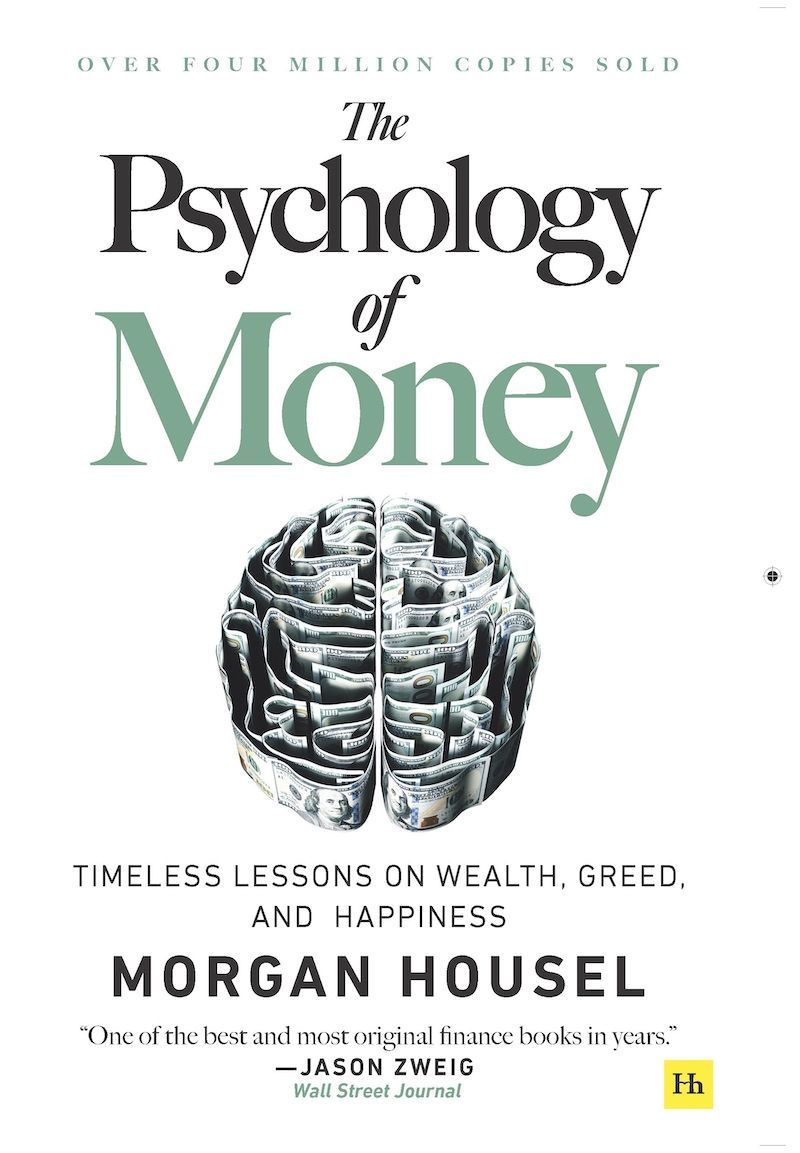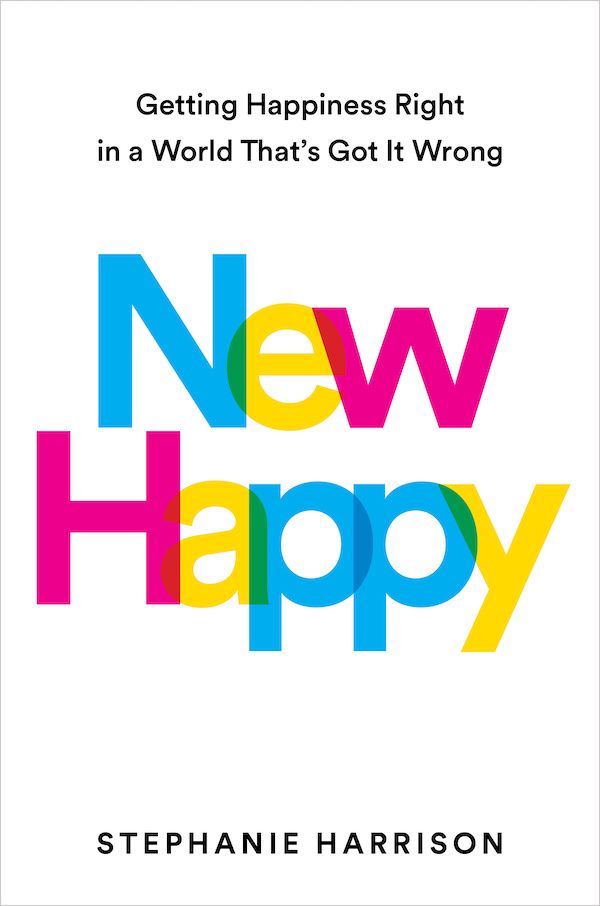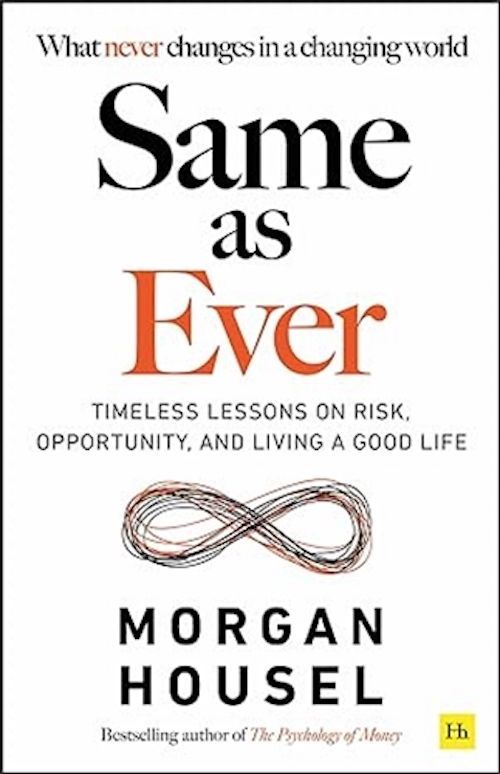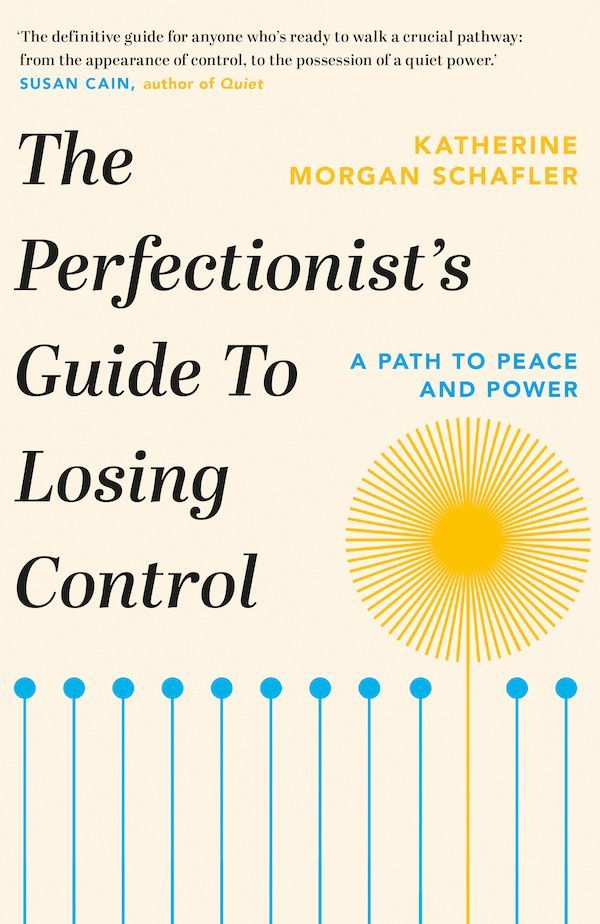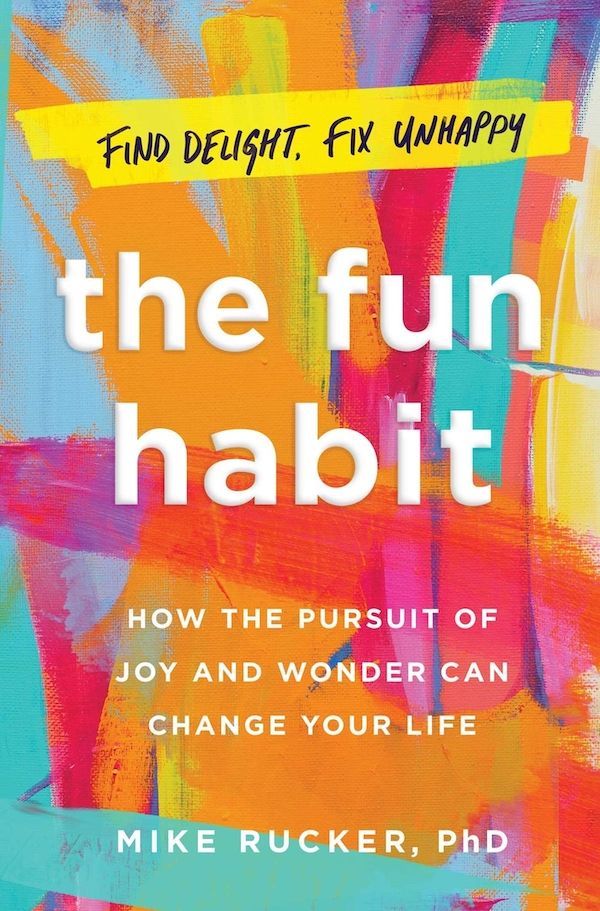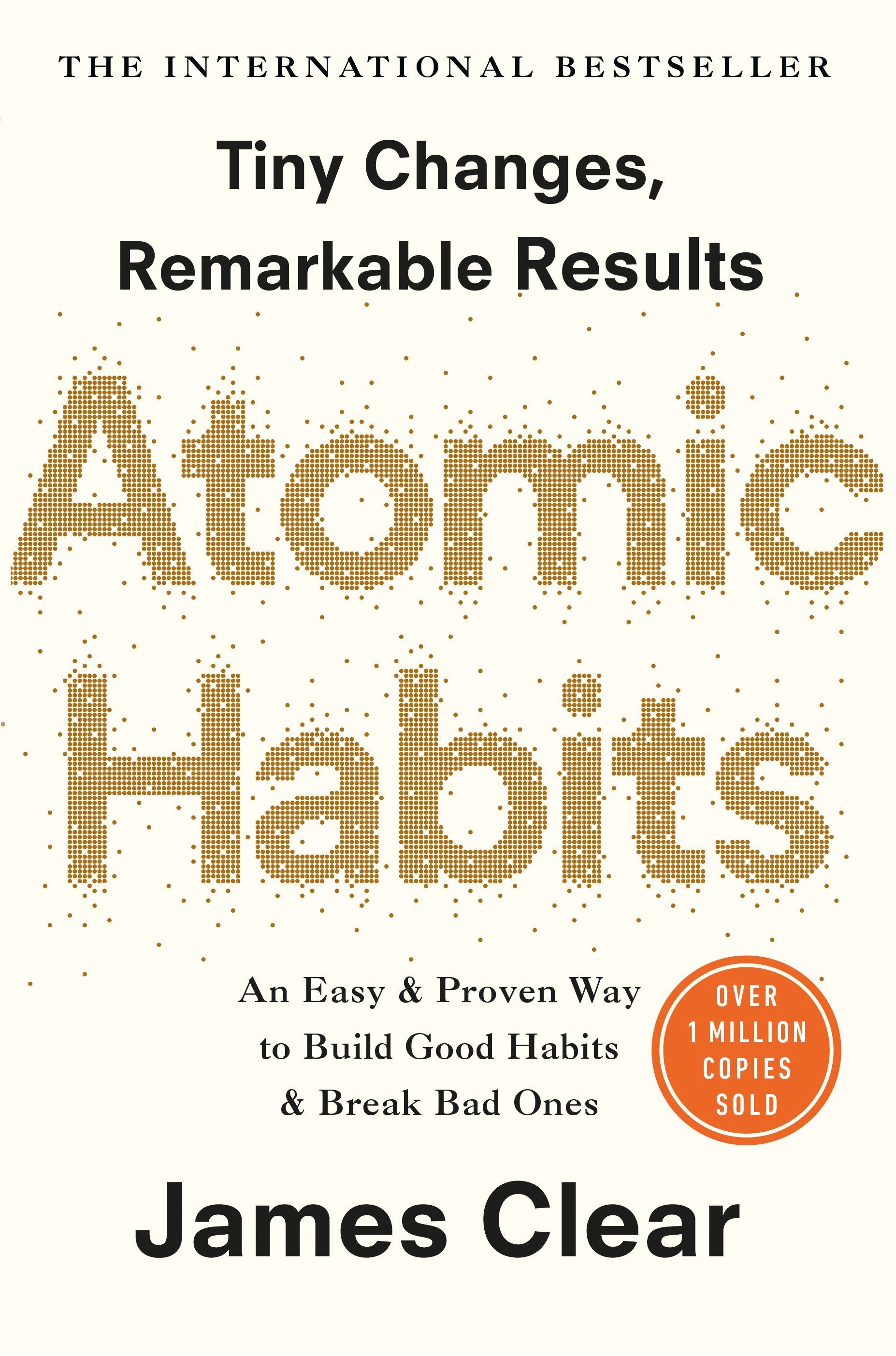The Psychology of Money
Timeless lessons on wealth, greed, and happiness
By Morgan Housel
Published by Pan Macmillan
ISBN:9781804091043
"The Psychology of Money" is the first book from the pen (or laptop) of Morgan Housel. His second book is "Same as Ever". His second book is Same As Ever which I read and reviewed first.
Although some of the same information seeps through both books, each book is complementary to the other, and each one is informative.
In this easy to read second book once again Housel delves into the subject with financial and non-financial anecdotes, just to prove that much of the things that go on in the field of business, banking and Investments are very much the same things that go on in everyday life.
Although the subjects of investing, finance and business are maths based, he argues successfully that people don't tend to make financial decisions based on logic. They tend to make decisions based on emotion and based on their unique view of the world such as ego, pride, marketing and odd incentives which are all mixed in together.
The author explains the difference between luck and risk, showing that both are alive and well within the financial portfolios of almost everyone and you need to acknowledge and harness both.
He clarifies and discusses the difference between 'being rich and 'being wealthy, giving a better understanding of each personality type. He delves into the way ego plays a huge part of the financial world and focuses on his findings that, with less ego, you can achieve more wealth.
Housel encourages you to make decisions that allow you to sleep at night. For some, that includes earning the highest rate of return possible; for others, it means their money is safely earning a conservative rate. As he says, “to each, his own”.
He discusses the importance of using time to the best advantage when making financial decisions. Time is the most powerful force in investing. It allows little things to grow big and big mistakes to fade away. It can neutralise luck and risk and, using the power of compounding, can push results closer towards people’s goals.
Another interesting aspect Housl describes is the 'Tail' effect, which shows itself when you have a diversified portfolio and 80-90% do very little, or even lose. He suggests that it's ok for things to go wrong, that is part of life. But, he says, with examples, that you can be wrong half the time and still make a fortune, because of the 'tail'.
Surveys quoted in the book suggest that people's most sought after goal is financial independence. The ability to control their own time. To do what they want, when they want, with whom they want, for as long as they want, those that pay the highest dividend that exists in finance. Interestingly he discusses how this can be achieved.
He emphasises the power of saving, not for anything in particular but for the importance of saving and being prepared for what he calls this 'room for error', because nobody can predict when a crisis will appear.
Housel explains there are many factors in finance that do not come with a price tag, but they are not free. This he calls the 'cost of success' and he shows readers how to define the cost of success and to be ready to pay it.
He examines 'risk and says you should like risk because it pays off, over time. But you should be paranoid about ruinous risk, because it prevents you from taking future risks that will pay off over time.
There is a note of caution when you follow someone's financial lead. You should define the game you are playing and make sure your actions are not being influenced by people playing a different game for their own outcomes.
There is no single right answer; just the answer that's right for your own circumstances as he encourages readers to be informed and remember that people can disagree in their views of finance because people have vastly different goals and desires.
Lastly, he finishes the book in the Postscript by taking a quick look back at American economic history from 1945 to the present day to explain why the US consumer thinks the way they do.
This is a useful book to read whether you are involved in any kind of investments or you are you are contemplating any kind of investment.
The Author
Morgan Housel is a partner at the Collaborative Fund. Previously, he was a columnist at 'The Wall Street Journal' and 'The Motley Fool'. He is a two-times winner of the Best in Business Award from the Society of American Business Editors and Writers, 'The New York Times' Sidney Award, and a two-times finalist for the Gerald Loeb Award for Distinguished Business Writing.
Review by Ken
This is independent review, I am not paid by the publishers, so.If you
Liked this review, Buy me a coffee

